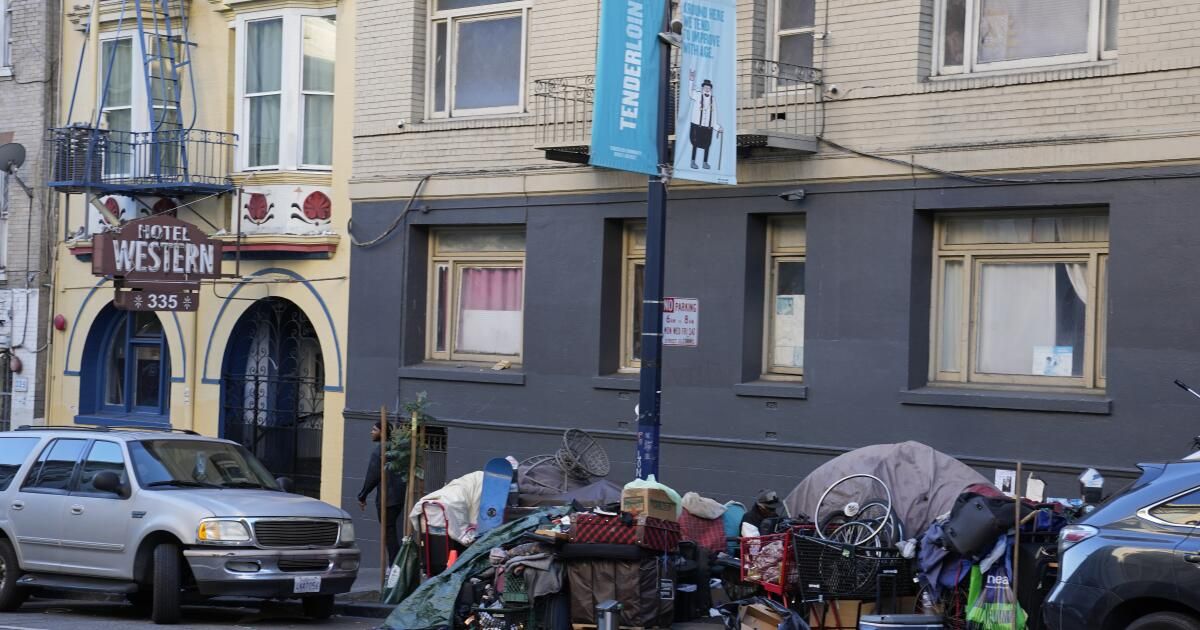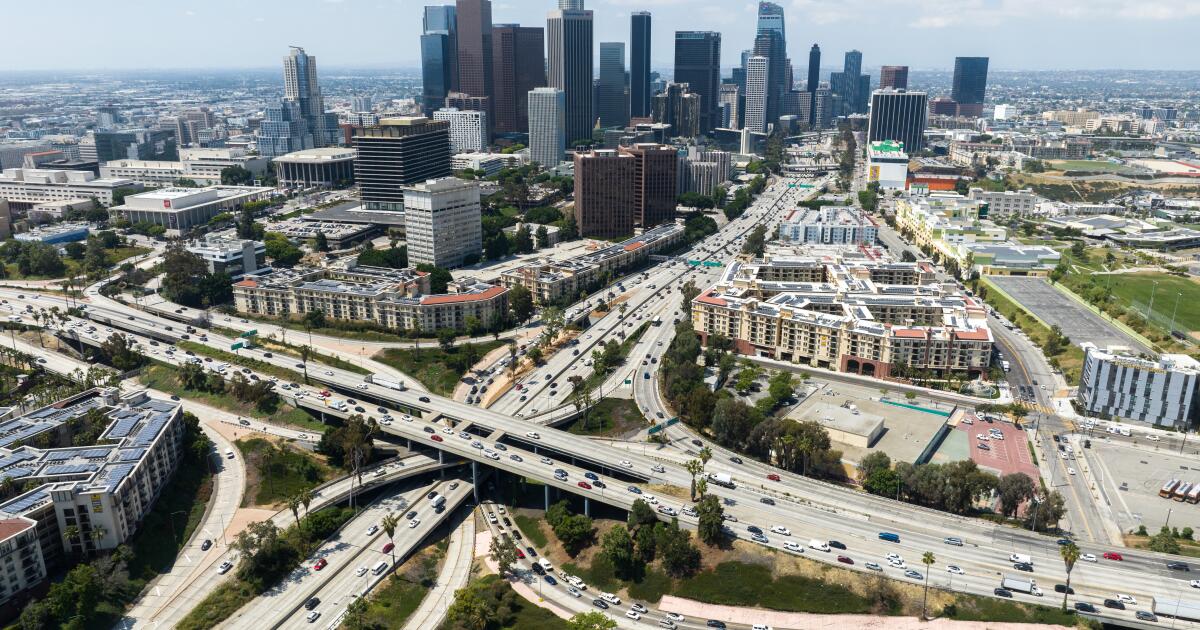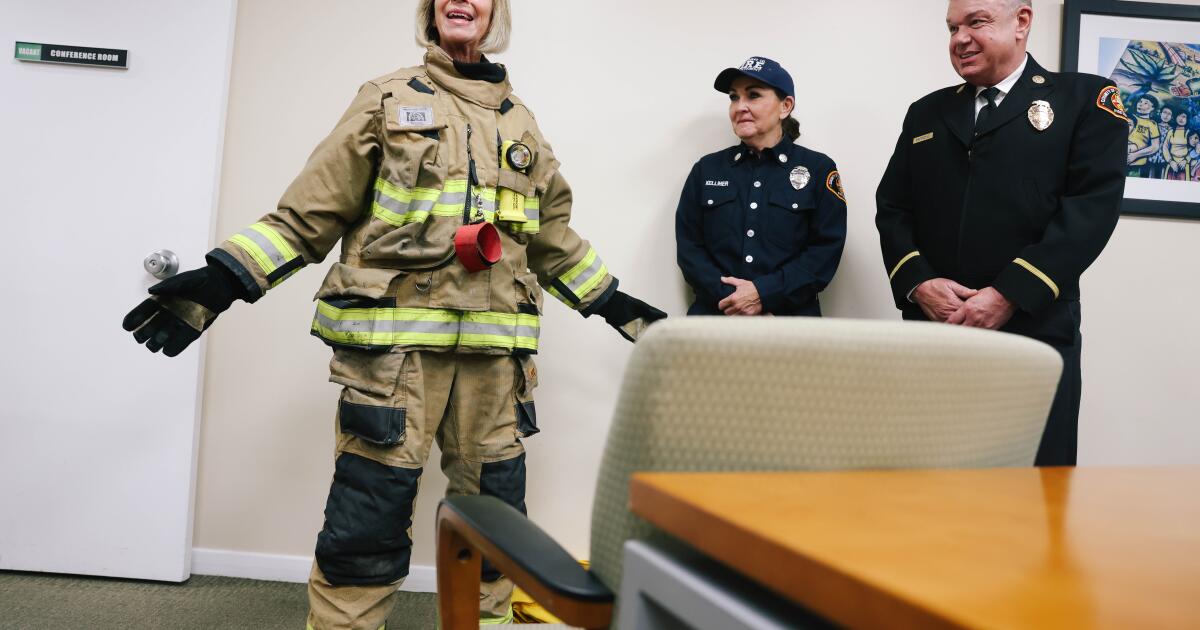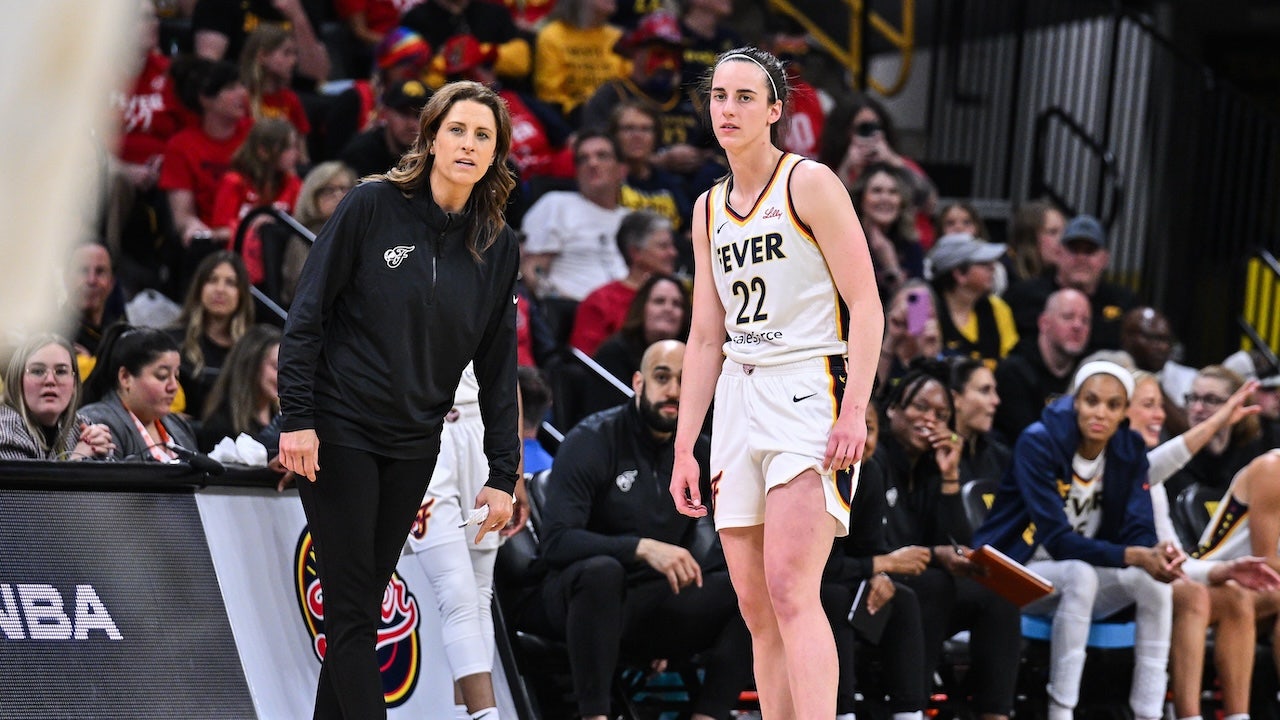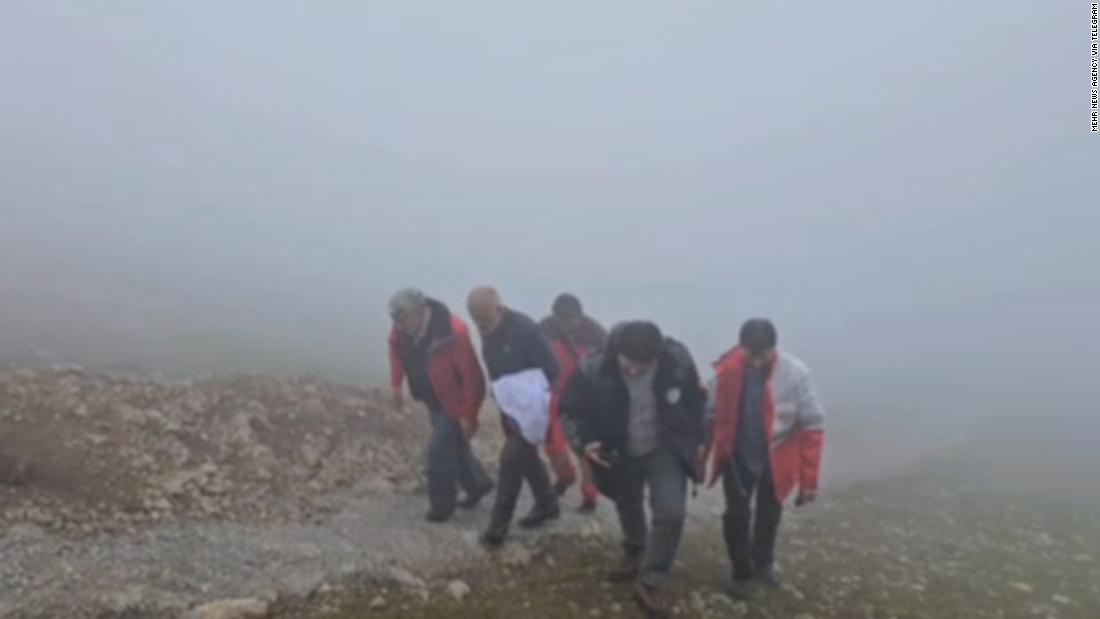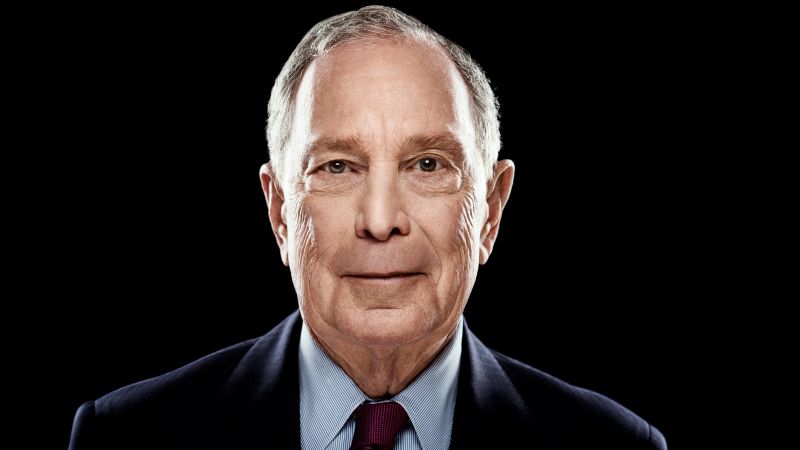A court order limiting San Francisco's ability to clear street encampments of people who have nowhere else to go will remain in effect while litigation continues, a federal appeals court ruled Thursday.
The ruling by a three-judge panel of the U.S. Court of Appeals for the Ninth Circuit marked a substantial victory for the Coalition on Homelessness, a progressive advocacy organization that won a preliminary injunction by challenging the policies of San Francisco to clear encampments as fundamentally unjust and illegal in the past. court decisions protecting the right of homeless people to sleep in public in certain situations.
Thursday's ruling is the latest decision in a lengthy legal debate over homelessness in the American West and how local jurisdictions can legally address it. The debate has pitted progressive activists and advocacy groups against liberal leaders like San Francisco Mayor London Breed and Gov. Gavin Newsom, who have been frustrated, along with many of their constituents, by the spread of encampments in the downtown and other neighborhoods since the start of the COVID-19 pandemic.
The debate has also sparked tensions between liberal and conservative judges on the Ninth Circuit, including a separate case from Grants Pass, Oregon, that is being considered for review by the U.S. Supreme Court.
In its decision Thursday, the Ninth Circuit panel declined to consider several arguments in favor of stricter enforcement measures that San Francisco and a coalition of other California cities had raised in recent filings, saying they had not been raised or substantiated. properly with facts in the lower district court. The justices acknowledged, however, that the injunction only applies to people who are “involuntarily homeless,” or who have not been offered alternative housing or shelter by the city, and ordered the lower court to clarify that point.
In recent months, San Francisco has tried to justify its continued operations to clear the encampments, saying they are inhabited by people who have been offered shelter or housing.
The appeals judges also ordered the lower court to specify that the court order prohibits the city from “threatening to enforce” the imposed laws, but does not prohibit the mere presence of police officers near the encampments.
John Do, senior attorney at the ACLU of Northern California who represents the coalition, said Thursday's order should help ensure that San Francisco continues to increase resources and offer shelter and housing to the homeless, rather than simply criminalize poverty.
“It's a resounding victory,” he said.
Jen Kwart, spokesperson for the San Francisco city attorney. David Chiu said they appreciated that the appeals court “reconfirmed and further clarified that the court order only applies to people who become involuntarily homeless, not to those who have rejected an offer of shelter.”
However, Kwart said her office was “disappointed” by the court's decision not to consider arguments raised by the city in the appeal process, including around the scope of its restrictions, which she said left it unanswered. Critical legal issues regarding addressing homelessness.
“Cities cannot reasonably be expected to solve the homeless problem while operating under this uncertainty,” Kwart said. “At some point, a court will have to clarify the law in this area, and it is disappointing that in the midst of an intense homelessness crisis, we must all continue to wait for that clarification.”
Breed's office declined to comment on the pending litigation, but released figures Thursday claiming a 22% increase in the number of people connected to shelters or housing last year, and that 64% of people with whom city staff interacted in the camps “rejected offers of shelter.” or reported that they already had shelter or housing.”
Gov. Gavin Newsom, in a statement, said the ruling “will only create more delays and confusion as we work to address homelessness.”
Liberal justices have argued that the Constitution – and specifically the Eighth Amendment's provisions against cruel and unusual punishment and excessive fines – protects the right of homeless people to sleep in certain public spaces, with certain protective equipment, when they do not have another place to go. Conservative judges have rejected that idea, arguing that there is a long legal tradition of local jurisdictions enforcing “anti-loitering” laws.
Circuit Judge Lucy H. Koh, who wrote the court's opinion Thursday, was joined by Circuit Judge Roopali H. Desai; both were appointed by President Biden. Circuit Judge Patrick J. Bumatay, appointed by President Trump, dissented.
Koh wrote that the litigation “raises difficult and important legal questions with real risks to San Francisco and the thousands of homeless people who call San Francisco home.” But, Koh added, the appeals court was unable to delve into the city's arguments about the geographic and temporal limits of the camping restrictions that were never made in the lower court.
Going forward, the lower court should consider whether the city's rules “leave involuntarily homeless people a truly available place to go,” Koh wrote.
Koh wrote that his panel was bound by the Ninth Circuit's previous Eighth Amendment precedent on such matters, but noted that the Supreme Court could soon review existing precedent.
Bumatay, in his dissent, wrote that the Ninth Circuit has repeatedly misinterpreted Eighth Amendment protections as they relate to homeless encampments, jeopardizing public safety in the process.
“It cannot be cruel and unusual to prohibit homeless people from sleeping, camping and staying wherever and whenever they want,” Bumatay wrote. “While they are entitled to the utmost respect and compassion, homeless people are not immune to our laws.”
Newsom has asked the conservative-leaning Supreme Court to take up the Grants Pass case and rule in favor of local municipalities trying to control public camping. He said Thursday's ruling reinforced the need for such intervention.
Do, the coalition's attorney, called Newsom's position “deeply troubling.”
“It is incredibly unfortunate and shameful that our political leaders make homeless people scapegoats for their own political failures,” Do said. “Homelessness didn't come out of nowhere. “It is a direct result of the lack of investment in affordable housing.”

